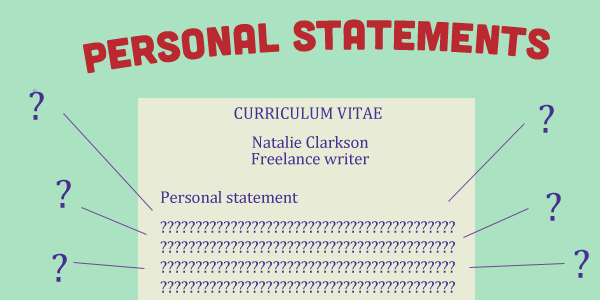Understanding the law is complicated. Studying the framework of the law itself as a student is even more complex. It takes time and effort to understand the core values of the law. However, with enough dedication and effort, you can put your studies to practical use. Barry K. Rothman, a seasoned entertainment lawyer with over 35 years of experience, along with other high-profile attorneys are well-versed in their craft because of how they approach legal matters at hand.
Here are some tips on how you can be your best as a law student.
Network and Reach Out to Professionals
One of the primary assets you can have as a student is a professional attorney that’s currently practicing. By building a network of professionals, you’ll gain insight on how to maintain composure while facing the rigors of studying law. They might also be able to provide resources that’ll assist you in your studies. For instance, take a look at Barry K. Rothman reviews online and you’ll notice how impactful he is within the legal industry. Professionals like these are a dime a dozen. Don’t disregard how powerful they can be during your studies.
Maintain Organization
Staying organized during your studies will allow you to locate and allocate the abundance of documents and paperwork you’ll encounter throughout your time as a student. Be sure to keep everything placed where you need it and ready for whatever situation.
Outline Effectively
Interpreting the law can be a difficult task. The dynamics of a case, the extent of the law, and the significance of every major detail can throw you off the path to success. As a result, by summarizing key takeaways from all of the aforementioned topics and recording the significance of the effects, you’ll be able to see the outcomes in a much easier fashion.




